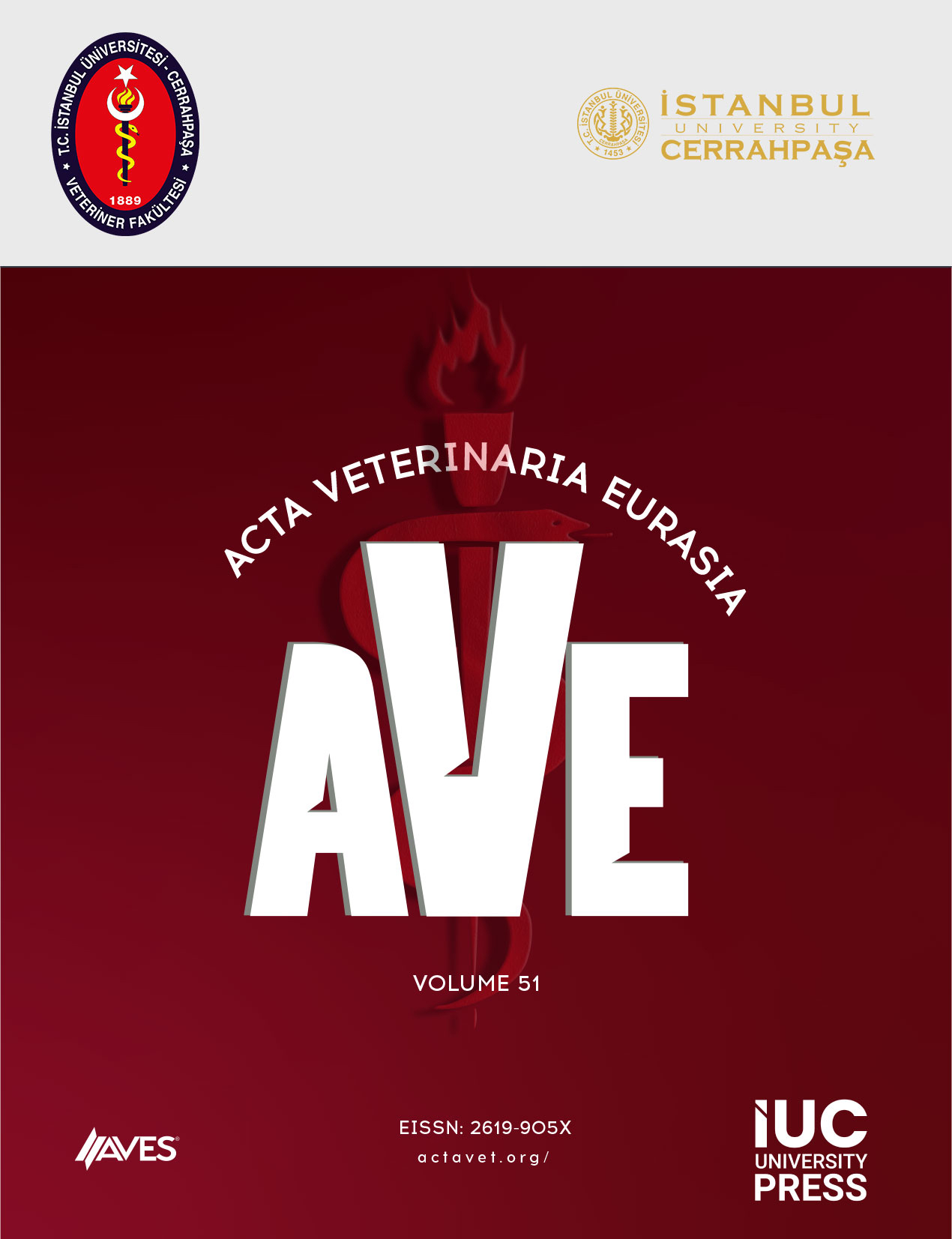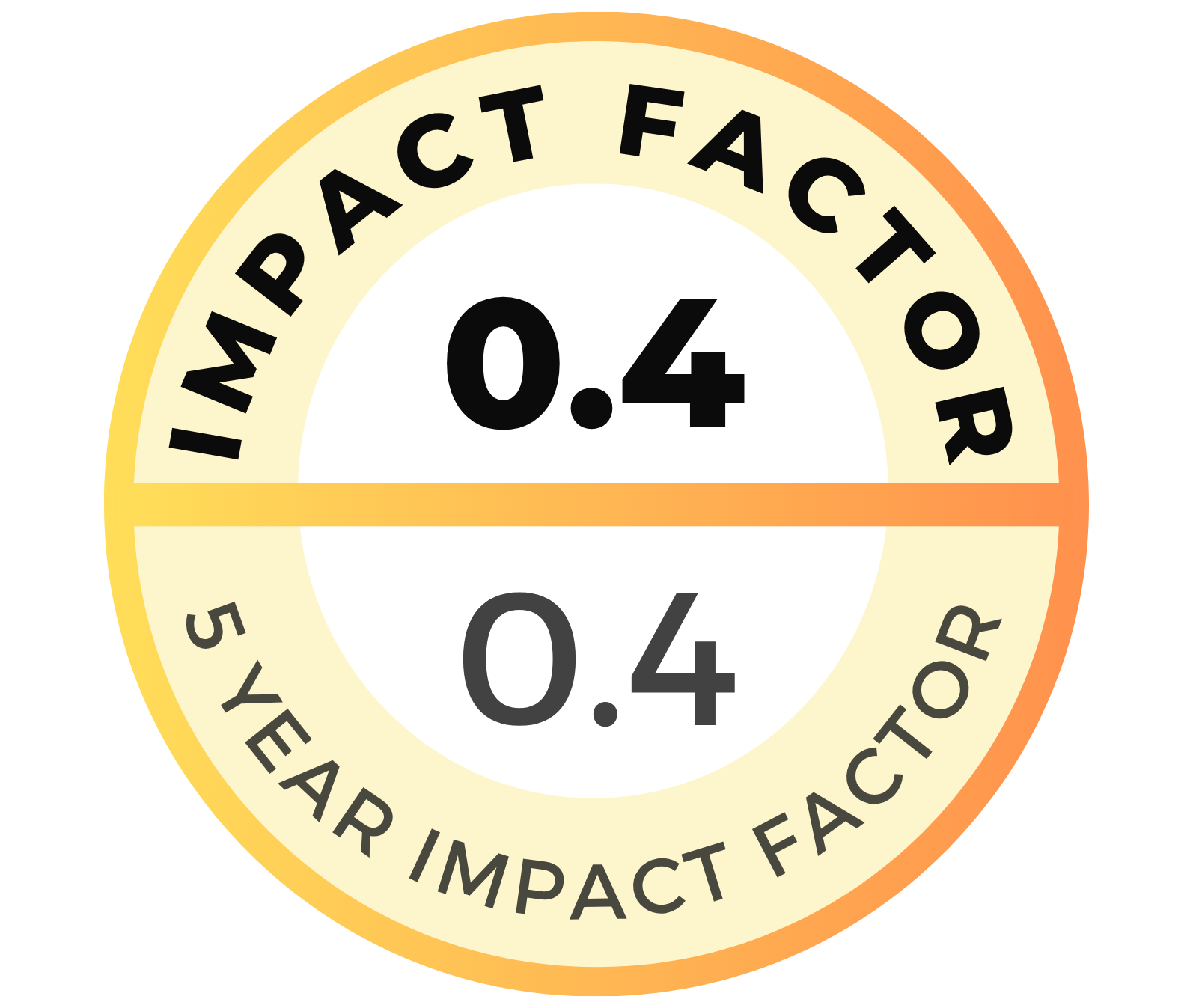Pandemic respiratory viruses of poultry have caused significant economic losses in the poultry industry since the 1930s, and molecular and genetic techniques are widely used for diagnosis and control of the infections. Knowledge of changes in the genetic and antigenic characteristics of the pandemic viruses during the time can be really important for human pandemic viruses such as severe acute respiratory syndrome virus-coronavirus- 2 and human influenza virus. The use of these techniques plays a vital role in preventing the faulty results and the possible financial losses that may occur due to the limited findings obtained from conventional laboratory tests. In the light of this information, the purpose of this review is to provide an up-to-date assessment of the diagnosis and prevention of major respiratory viruses in poultry and a general and field-oriented scientific perspective that may be useful in the industry. In this context, current approaches for diagnosis and vaccination applications developed using molecular methods based on avian coronavirus infectious bronchitis virus, avian paramyxovirus-1 virus, and avian influenza virus, which are pandemic, are discussed, and solution suggestions for an effective fight are presented.
Cite this article as: Ardıçlı, Ö., Kahya Demirbilek, S., Çöven, F., & Çarlı, K. T. (2022). How do we use molecular knowledge in diagnosis and control of pandemic avian viruses? Acta Veterinaria Eurasia, 48(1), 69-77.





.png)